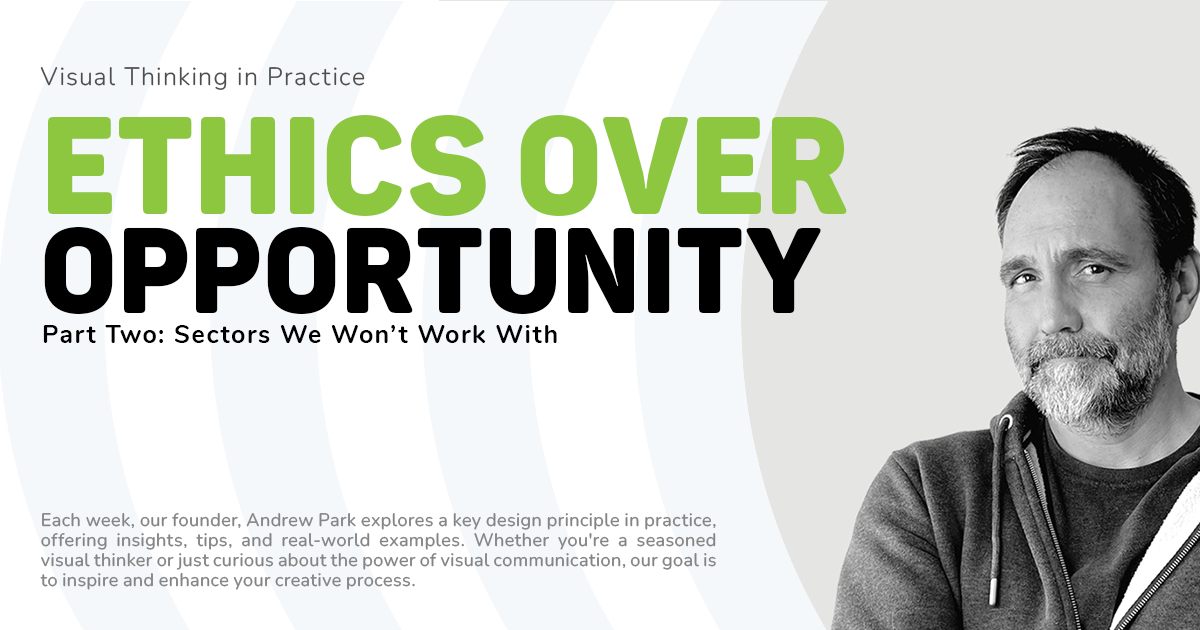We’ve all had experiences that have stood out from the norm. We know a great thing when we encounter it. That song that you keep coming back to year after year, that dinner that doesn’t just fill the belly but feeds the soul or that film that makes hours go by in minutes.
It’s hard to pin down what makes the difference, but there are certain things that transform an experience from just good to great. This quest absorbs us at Cognitive and we are always on the search to find out what makes an OK video into a Whiteboard Animation that truly engages the viewer.
What does engage the viewer mean? For us engagement is when the audience want to share the film with others, when they feel enlightened through understanding, moved by the story and when the messages stay with them for months and even years. These are the qualities we aim for in all our Whiteboard animated Explainer Films.
So how do we get there? At Cognitive we believe the difference is in these five areas.
Storytelling
There is a huge difference between good structure/messaging and a captivating story, and this is especially true in Whiteboard Animation. A story draws the audience in. It helps them navigate the information to build understanding and creates meaning. It makes people care about the content. Storytelling explains relationships between 'things’ to help make them simpler while it also entertains. Not only should this be the corner stone of any quality Whiteboard Animation, it also means the audience is engaged right to the end. It provokes a reaction that gets people discussing and sharing the film with others. When you look at your next Whiteboard Animation think about how well the story has been told.
Imagery and metaphors
There is a fundamental truth in the idiom ‘a picture is worth a thousand words’. Most people are visual learners, and in such a visual medium we should use imagery to maximum effect. However, too often we see Whiteboard Animations and explainer videos use a lot of text in their films. Text is important, but it should not be a replacement for visual thinking. Great Whiteboard Animations use imagery and metaphors to communicate information and create meaning in a way that feels fresh, original and thought provoking. We try to avoid visual clichés (e.g. a light bulb visualising an idea), but sometimes they are great shortcuts to convey complex ideas. Where we do use clichés, we try to add a twist to make them feel fresher. Look for strong visual references that convey complex ideas simply, and cultural references that add deeper understanding and connection.
Layout
Layout can have a huge impact on creating connections and deeper meaning in Whiteboard Animations. At Cognitive we like to finish on a pullout showing a ‘big picture’ of the whole animation. We do this because it re-enforces the journey we have been on and more importantly highlights the connections and relationships between key messages. Whiteboard Animations map information in space, and this boosts recall and deeper understanding. Look for a strong layout that re-enforces the main messages and creates connections between different pieces of information.
Flow
A bit like Goldilocks and her perfect bowl of porridge, the flow of an animation must be just right. For us flow is about pace, the linking of scenes and good framing to emphasise the key messages. Too fast and your audience could have a tough time taking in the information. Too slow and you risk losing their attention. Without good linking, different messages can feel clunky and unconnected creating a mental jarring that distracts from the core narrative. Framing makes sure the focus of attention is on the key messages. When reviewing your Whiteboard Animation keep an eye on flow. Does it feel natural, intuitive and focused on the right messages? If not, where does it jar or distract?
Charm
Finally, charm is the icing on the cake. It makes a film so much more than a collection of well-structured information presented visually. Charm is what makes you want to watch on and share with others. Sometimes it is created through humour or an emotion brought to life. Other times it is a character that we relate to, or a cultural reference we ‘get’. It is the little extras, the touches that make the work feel over and above the transmitting of information. Hard to pin down, but always worth putting a little effort into. Think about how your Whiteboard Animation is going to charm your audience.
By the incorporating these marks of quality into our Whiteboard Animations we aim to maximise audience engagement, information recall and shareability. We feel they make our films standout and it’s why our clients frequently come back for more.
To find out how we can build these qualities into your story, please get in touch.
RICHARD WISEMAN: DRAWING KNOWLEDGE
The Psychological Impact of Whiteboard Animation
We decided to run some research, which Professor Richard Wiseman very kindly designed and ran. Of course we made a short Whiteboard Animation to present our findings.
















Often the very first books we encounter are picture books, our first introduction to the power of rich visual language. While our books change, the power of this language doesn’t. We’ve reflected on visual language, from picture books to explainer videos and whiteboard animation.